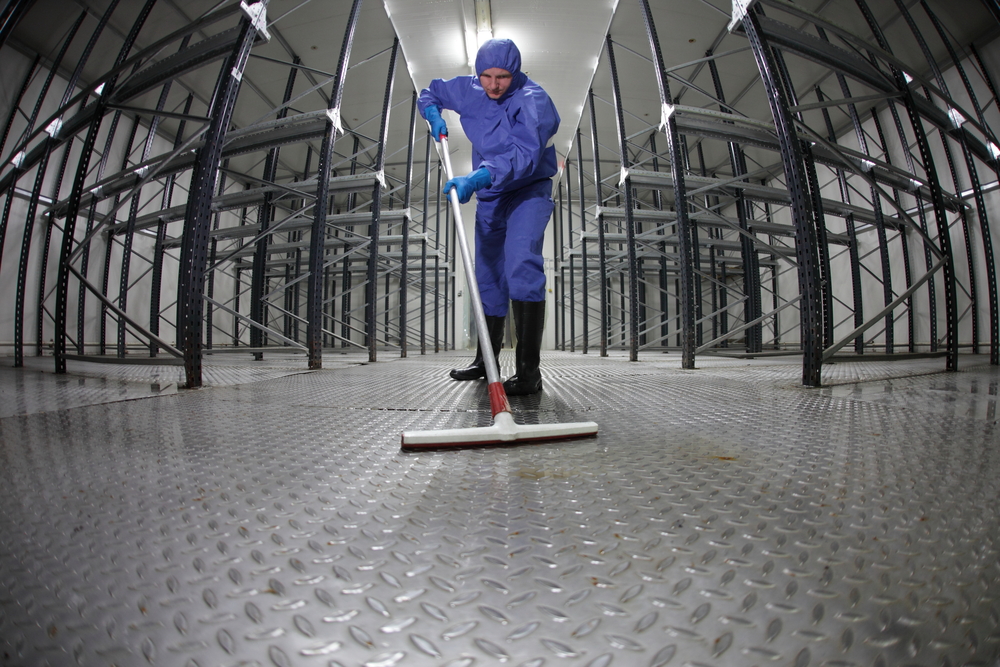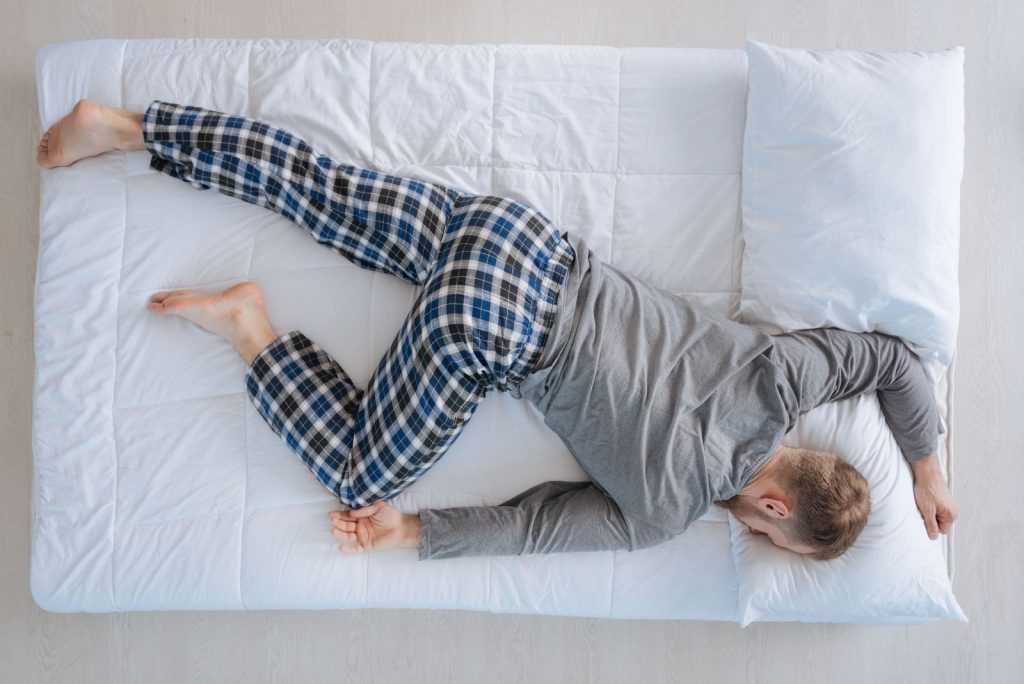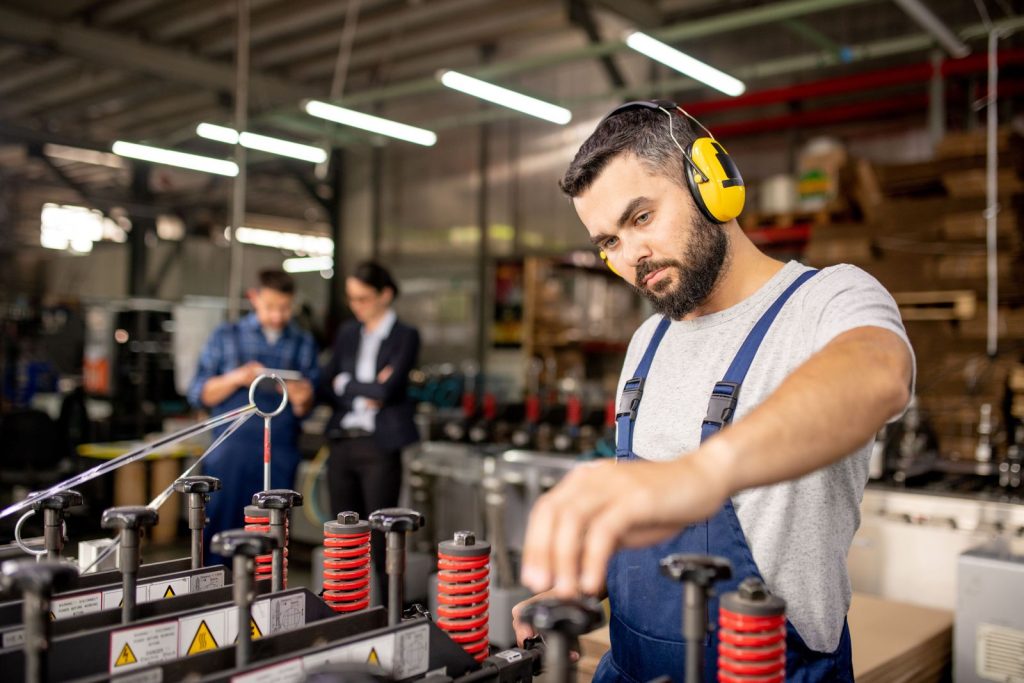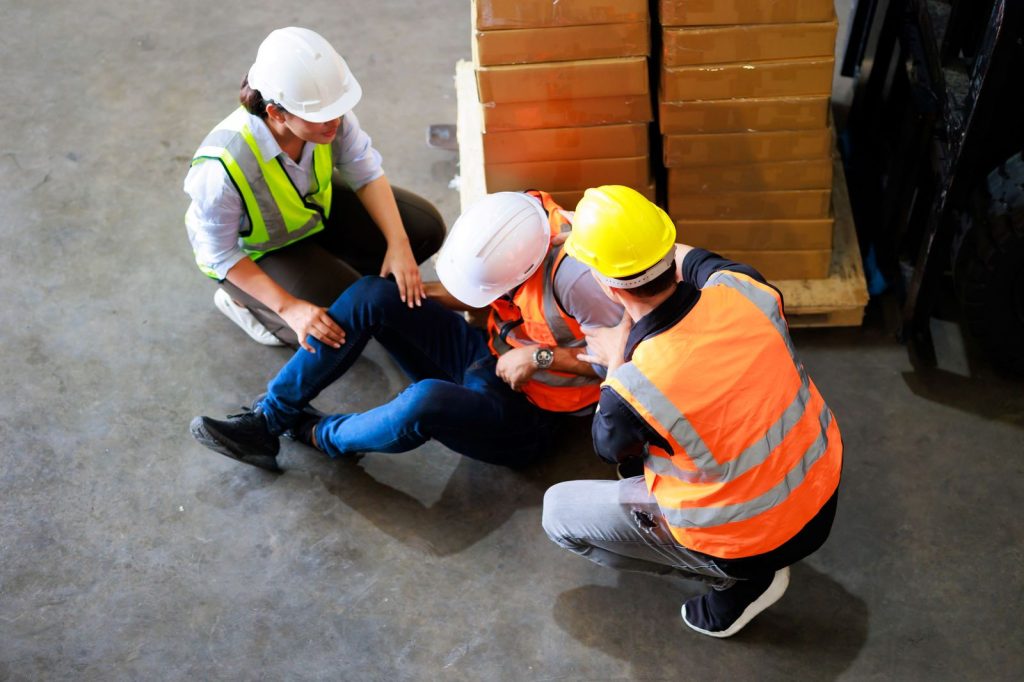Working Safely In Dangerous Occupations: The Cleaning Industry

According to the Census of Fatal Occupational Injuries (CFOI), 4,383 fatal injuries occurred in 2012 in the United States. That is, 3 out of 100,000 employees are killed because of work-related injuries. While no one anticipates getting killed or injured at work, the reality is that there are jobs out there that pose a threat of death.
The demand for safe jobs has thus risen significantly, but some jobs are still risky. It is the responsibility of the employers to make sure the employees – especially those that work in physical jobs such as manufacturing, automotive production, aerial transport, etc., – stay safe.
The Dangers of the Cleaning Industry
Amongst many such industries, cleaning industry employees face several hazardous conditions. They are exposed to hazardous cleaning supplies which contain chemicals that increase the risk of illnesses and ailments, if not governed properly. Moreover, the working environment can also be hazardous in some cases. The Occupational Safety and Health Administration (OSHA) has been working on improving its standards to minimize the injuries and dangers for the cleaning industry. These include ergonomic cleaning tools, custodial safety, and janitorial safety procedures.
The citations on these hazards range from $13,000 to $132,000. The ones for serious violations are charged $13,000, while the “willful or repeated” ones are charged more – see OSHA Penalties for more.
Janitorial Safety Procedures
Janitorial staff must comply with specific company standards. Therefore, recruits must get trained properly even if they have prior janitorial experience. Set standards and create a check system so employees must demonstrate that they can meet the expectations.
The Worldwide Cleaning Industry Association (ISSA) benchmarks for commercial/industrial cleaning jobs must be followed. You can also opt for their training courses. These specify exactly what kinds of procedures need to be followed in places like hospitals, schools, and offices. This should be of utmost priority even if they have been well-versed with custodial safety or janitorial safety procedures. Moreover, it is the responsibility of employers to provide employees with ergonomic cleaning tools.
You can also ensure the safety of your employees by hiring a specialist from companies like Work-Fit. More on that later.
Safety Tips Every Janitorial Staff Member Should Know
Personal Protective Equipment
PPE is one of the most important requirements. If your janitorial staff works in an office, then perhaps gloves may be sufficient but if they are working for construction or healthcare facilities then PPE is crucial. These include surgical masks, hard hats, etc.
Bloodborne Pathogen Standards
If the janitorial working environment has the risk of coming in contact with bodily fluids then following the Bloodborne Pathogen Standard is a must. This provides guidelines for handling blood, needles, etc, and training for dealing with these is necessary.
Wet Floor Warning
Slipping because of a recently cleaned slippery floor is common. That is why it is part of custodial safety for employees to warn of recently mopped floors. Signs should be placed in clear view so everyone can see them.
Hazard Signs
In case of any hazardous chemicals, substances, or objects, clear symbols and cautions should be communicated. Remember, hazards can also be broken glass or asbestos.
Heavy Electrical Equipment
Before handing custodians or janitors heavy electrical equipment or other tools like vacuum cleaners and buffers, they should be given proper training. The training should include how to use them, and how to maintain them. They should know the dangers of the machine and how to avoid any injuries as part of janitorial safety procedures.
Hazardous Waste
If their job includes handling or disposing of hazardous waste, then along with PPE they should be given training on how to properly dispose of the waste. Be sure to follow OSHA standards based on the state you are in.
Keep Your Cleaning Staff Safe With Work-Fit
By hiring a specialist from Work-Fit, you can access virtual or onsite injury prevention services for your janitorial, custodial, and maintenance staff. We are nationwide experts for cleaning businesses and ensure that your employees’ health is the top priority before they start work.
Offering on-site and telehealth programs, Work-Fit offers injury prevention programs as well as wellness management programs. Plus, we implement strict protocols that comply with OSHA guidelines for your industry.
Contact Work-Fit now to help train your team!
Recent Blogs
- Return to Work Support Ensures Seamless Transitions After Injury
- 3 Ways Ergonomics Helps Prevent Workplace Injuries
- How Industrial Athletes can Protect Their Spine Health
- Reduce Employee Health Costs With On-Site Care
- Why Your Company Parking Lot May Be an Overlooked Injury Risk



